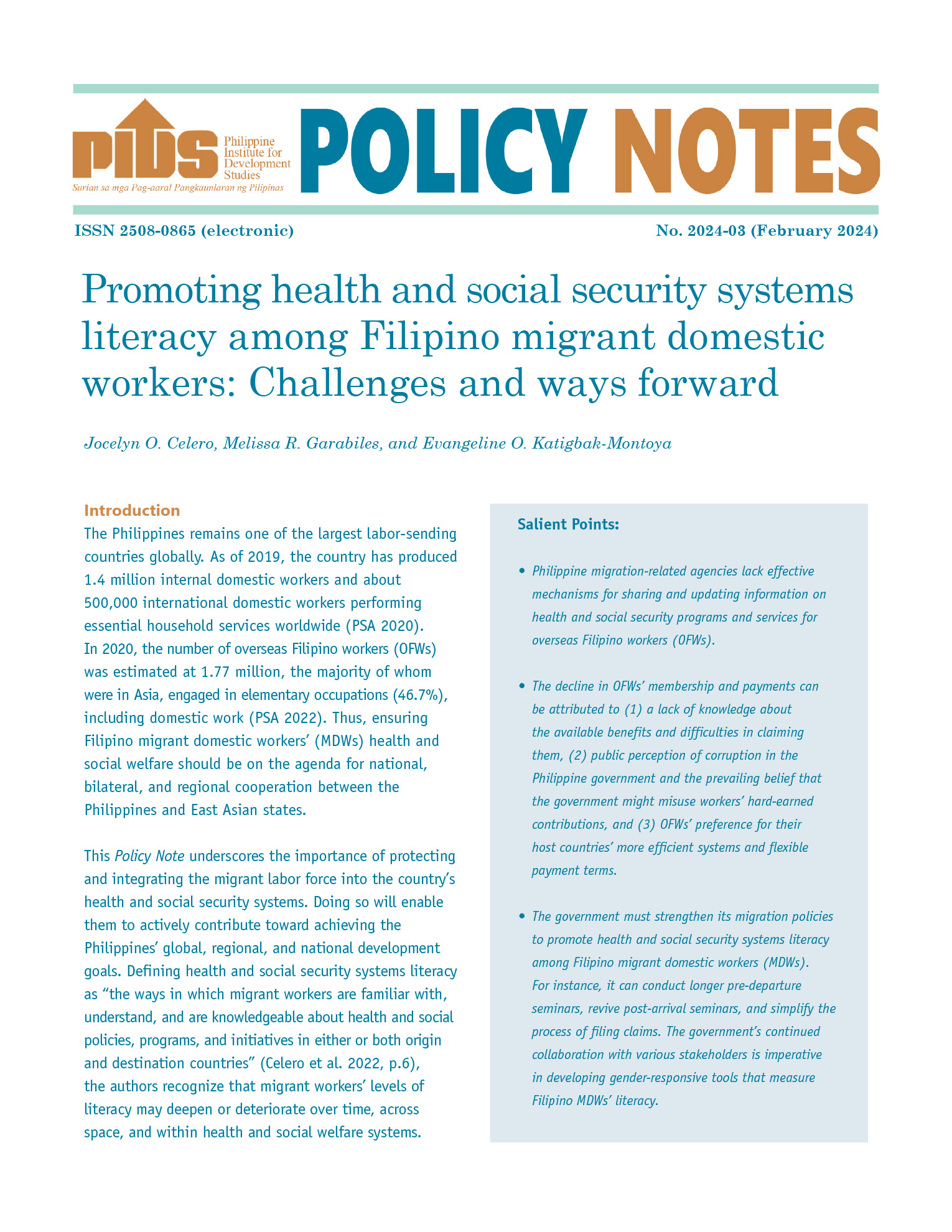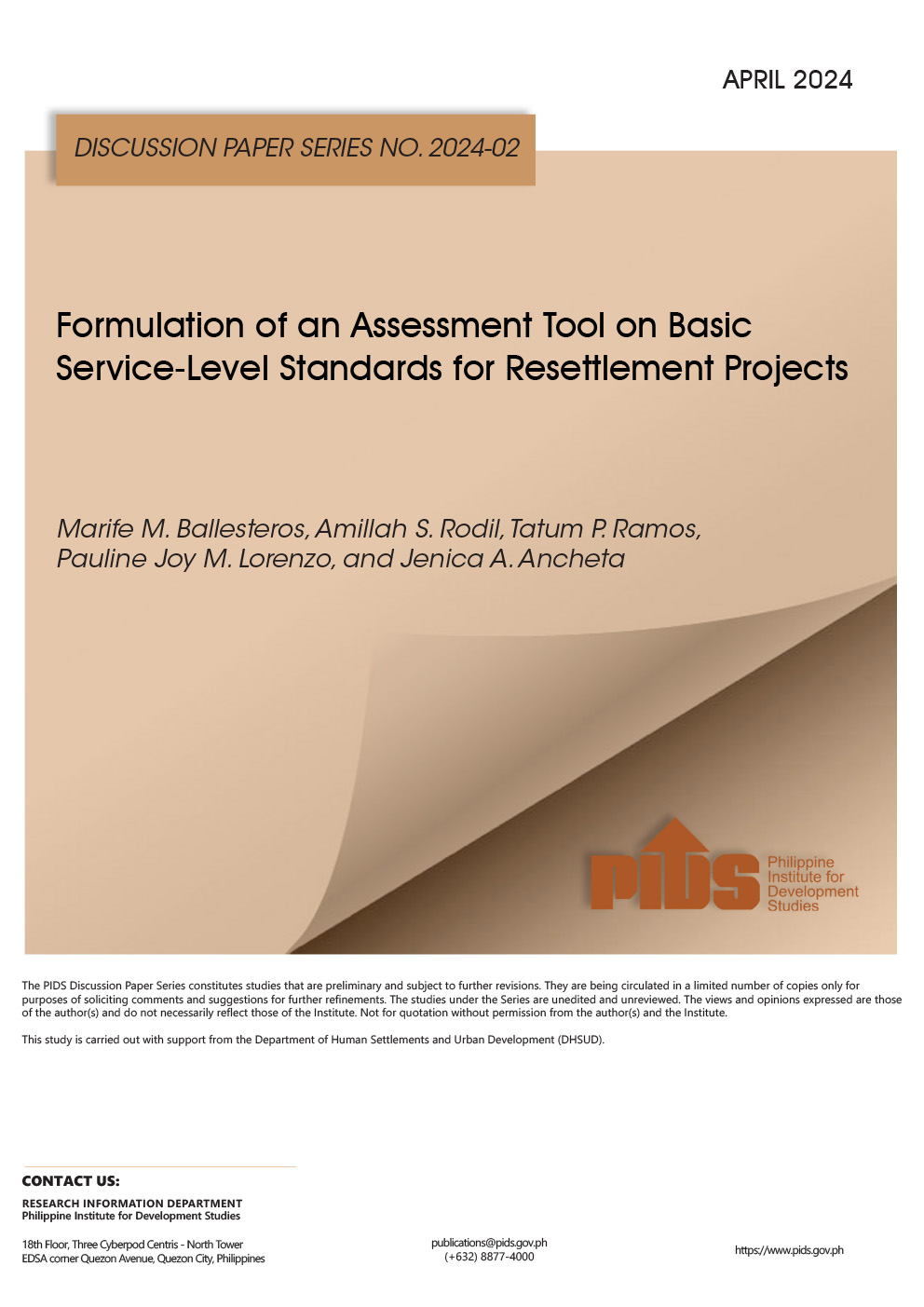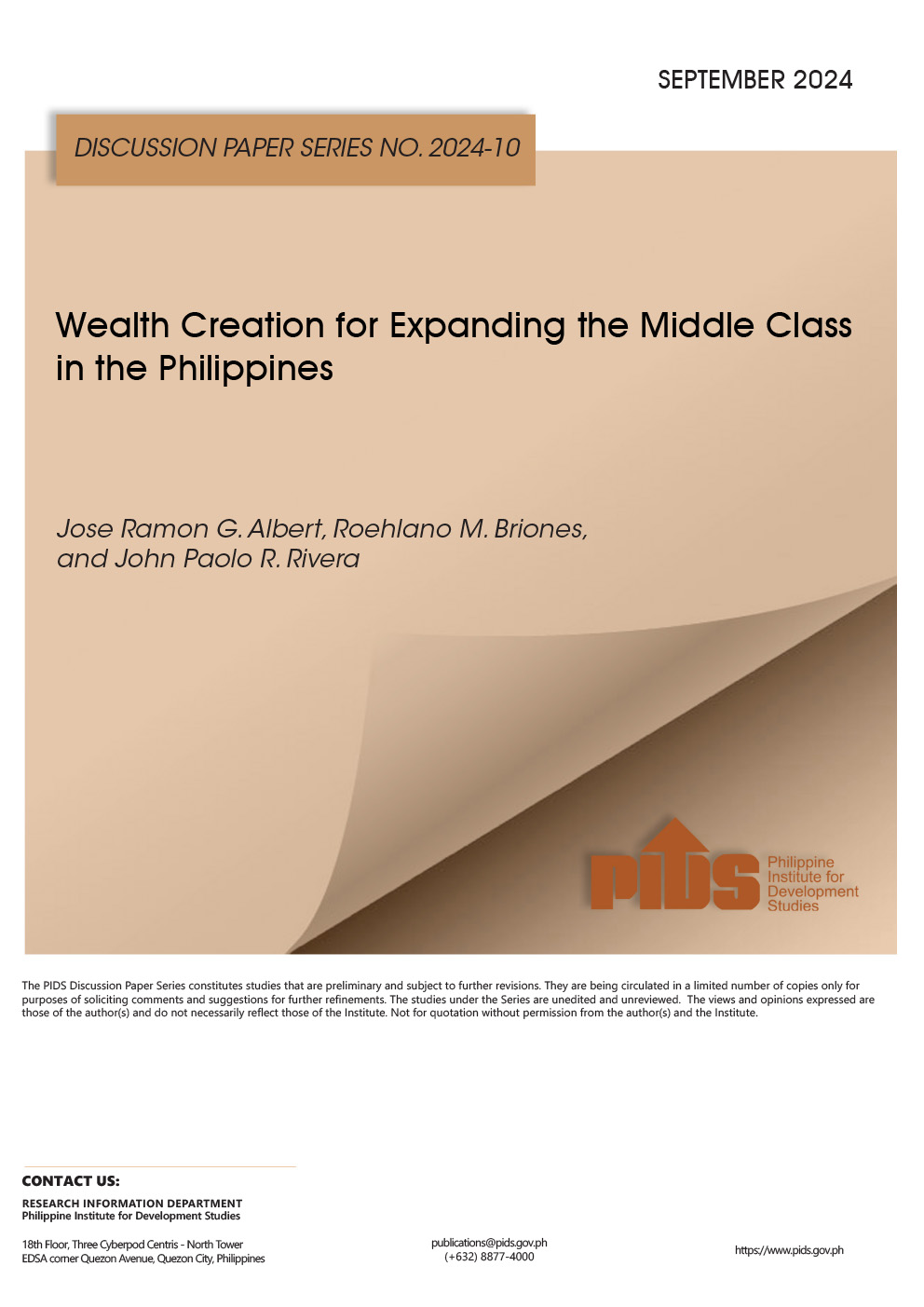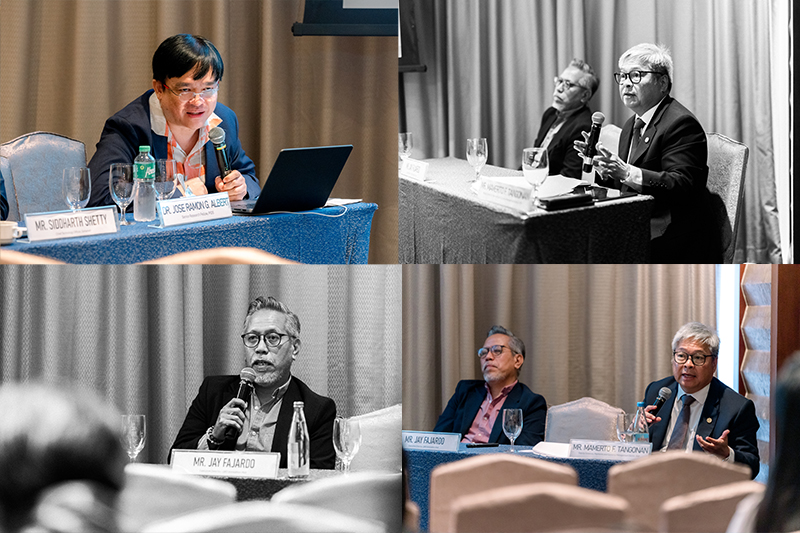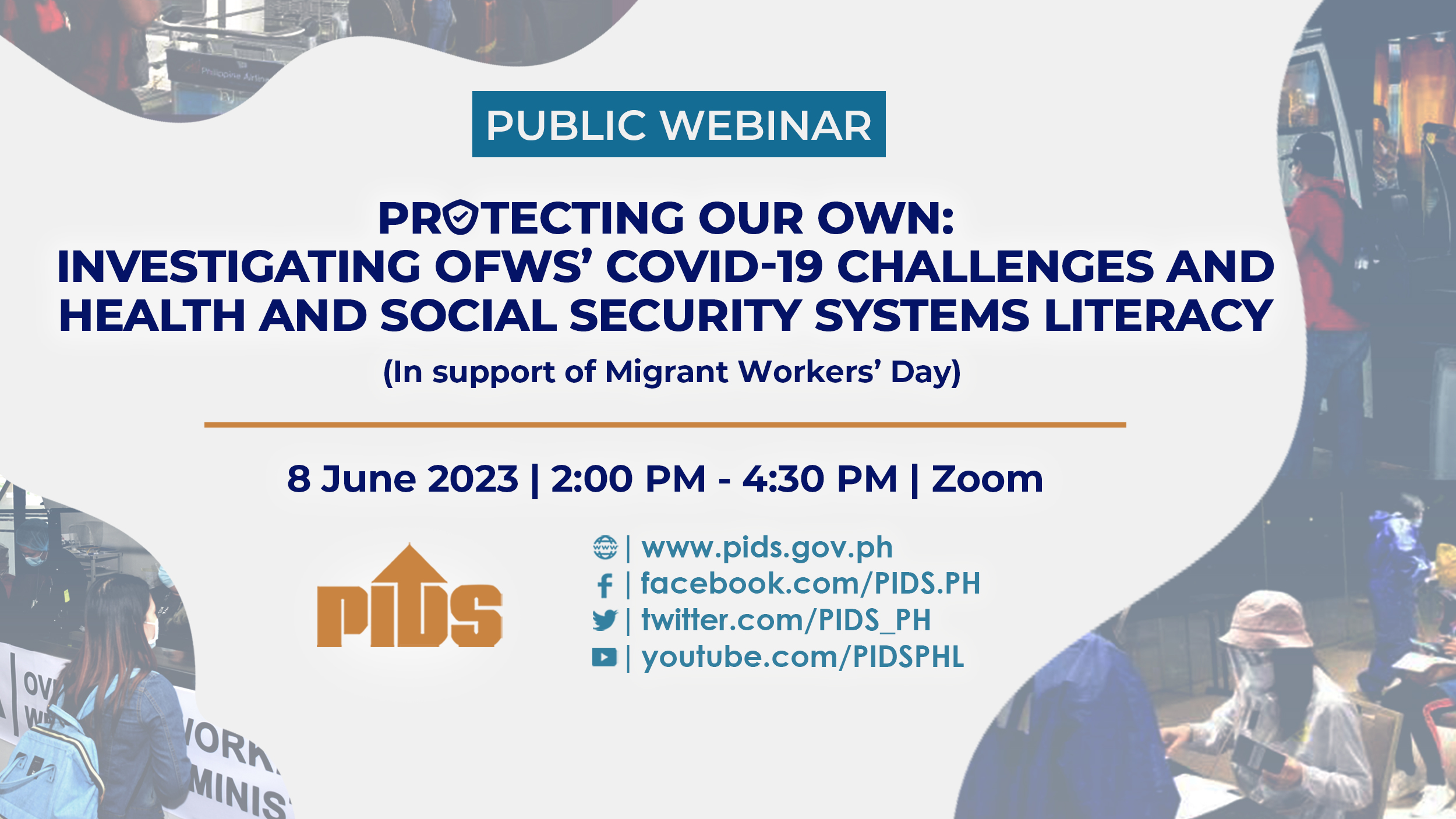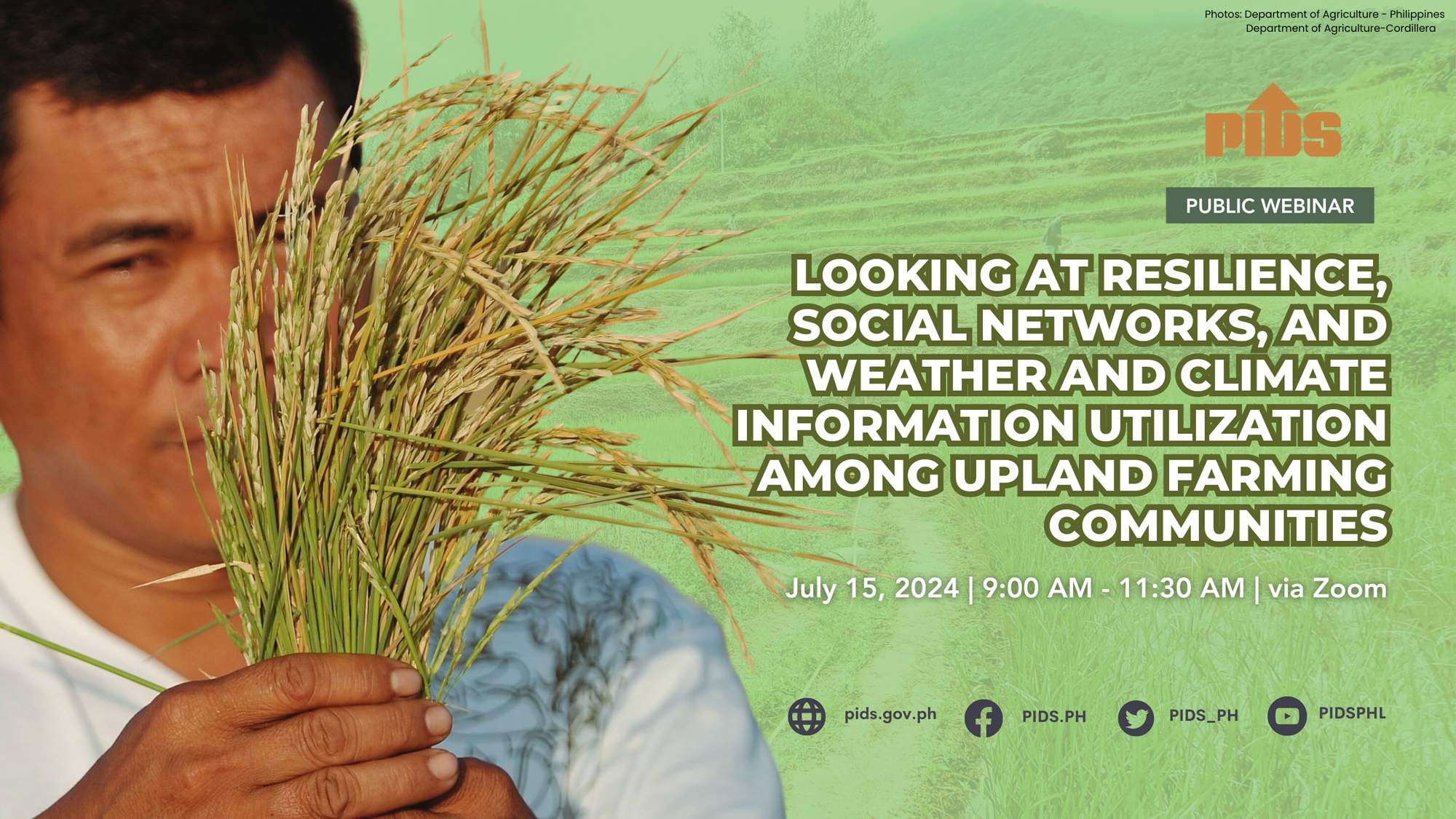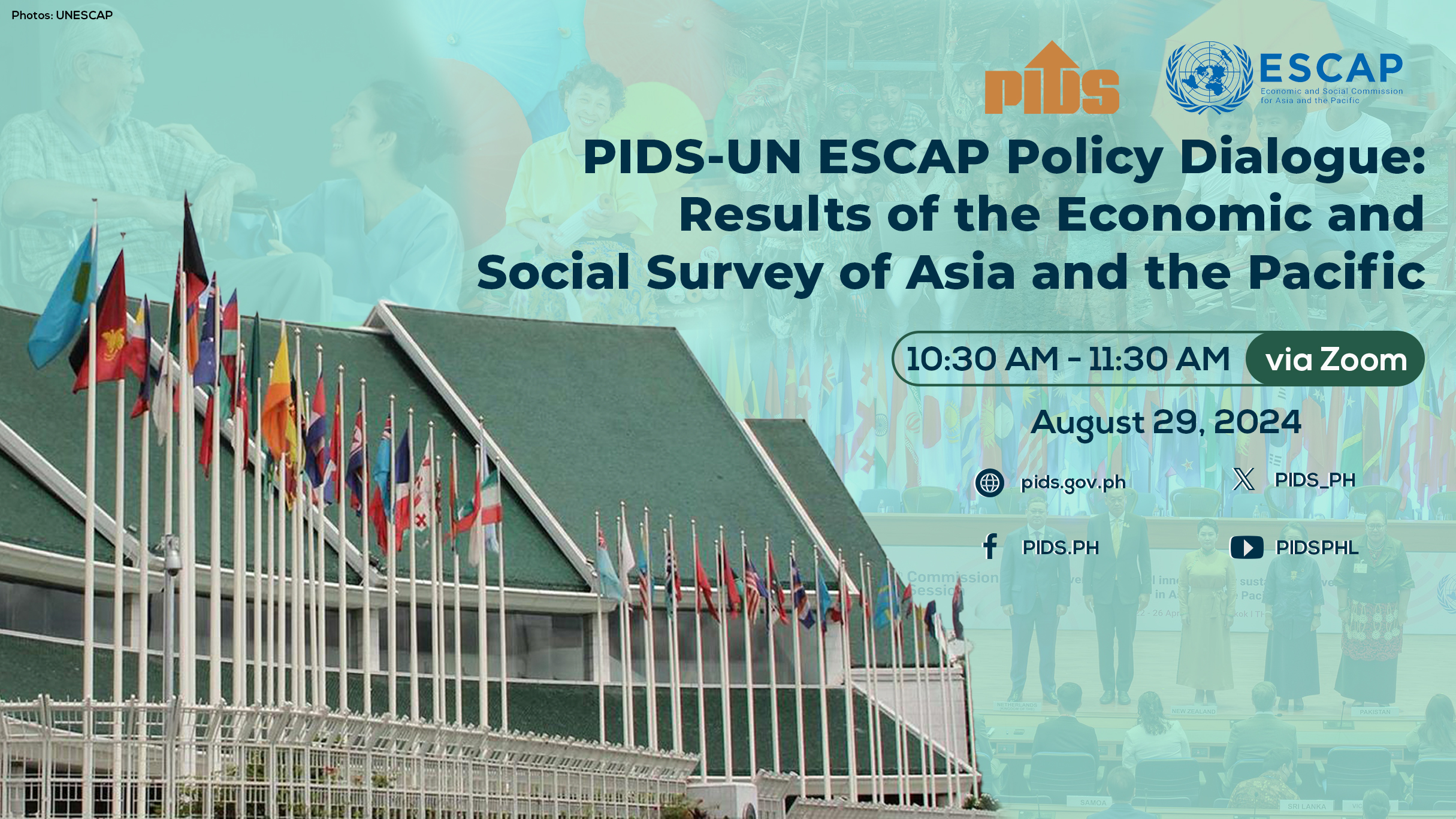MANILA, Philippines — For the second time, the Department of Social Welfare and Development reminded senior citizens and persons with disability on Monday to avoid going outside to claim their cash and material aid and instead send authorized representatives in their place.
Senior citizens and PWDs are among the vulnerable sectors included under the agency's social amelioration program. Experts say, however, that the coronavirus is much more dangerous for the immunocompromised, making it all the riskier for them to go out and line up for government aid.
State-run think tank Philippine Institute for Development Studies in late July said that senior citizens need greater health services and social pensions amid the coronavirus pandemic. Advocates in the disability community also say that lapses in the distribution of social amelioration aid weigh doubly on PWDs, who have more pressing and more specific medical needs.
"DSWD is implementing manual and digital distribution methods through financial service providers (FSPs) and cash cards for the second tranche of SAP. However, since qualified beneficiaries may still need to line up in payout centers to cash out their subsidies, DSWD appealed to seniors and PWDs to send younger and healthier members of their families as their authorized representatives to claim or withdraw their grants," the department's statement issued Sunday evening read.
"Meanwhile, the Department is also conducting house-to-house delivery of cash aid under the Social Pension for Indigent Senior Citizens and the Centenarian Act. The Department continues to put (a) premium on the safety and welfare of the older persons and PWDs especially during this ongoing global health crisis," it also said.
The DSWD's still-delayed social amelioration program is intended to assist indigents and affected sectors left sidelined and without income by the enhanced community quarantine, though the DSWD and President Rodrigo Duterte himself have placed most of the blame on LGUs and barangays amid allegations of corruption.
In an earlier phone call with Philstar.com, 42-year-old Roy Moral, who suffers from ankylosing spondylitis that renders him unable to walk, said he sent his wife as a representative to claim his stub at his City Social Welfare & Development office, which are under local government units and only serve the same functions as the DSWD.
After the latter came with the necessary documents, she was told that he was required to be physically present in order to claim his money.
They did not bother looking at the documents she brought, he says, because they needed him there so the office could take a picture of him being handed the money.
Under the Local Government Code, local government units are made to "discharge the functions and responsibilities of national agencies and offices devolved to them," while the departments have regional offices to provide technical expertise, among others. In an earlier advisory at the time, the department urged local governments to do the same, in response to cases of senior citizens who passed away while queuing to receive their cash subsidies.
"In the distribution of assistance, DSWD reminds our partners in implementation that payout should be done through door-to-door, especially for the senior citizens and persons with disabilities," DSWD spokesperson Irene Dumlao told Philstar.com when sought for comment in April.
"If door-to-door is not possible, a healthy and abled-body member of the family should be allowed to receive the aid," she added.
In an earlier statement, the Commission on Human Rights said: "Majority of Filipinos with disabilities belong to poor families with minimum wage earners under the ‘no work, no pay’ scheme. They do not have enough money to stock up on basic food items, medicines, and other essentials."
Senior citizens and PWDs are among the vulnerable sectors included under the agency's social amelioration program. Experts say, however, that the coronavirus is much more dangerous for the immunocompromised, making it all the riskier for them to go out and line up for government aid.
State-run think tank Philippine Institute for Development Studies in late July said that senior citizens need greater health services and social pensions amid the coronavirus pandemic. Advocates in the disability community also say that lapses in the distribution of social amelioration aid weigh doubly on PWDs, who have more pressing and more specific medical needs.
"DSWD is implementing manual and digital distribution methods through financial service providers (FSPs) and cash cards for the second tranche of SAP. However, since qualified beneficiaries may still need to line up in payout centers to cash out their subsidies, DSWD appealed to seniors and PWDs to send younger and healthier members of their families as their authorized representatives to claim or withdraw their grants," the department's statement issued Sunday evening read.
"Meanwhile, the Department is also conducting house-to-house delivery of cash aid under the Social Pension for Indigent Senior Citizens and the Centenarian Act. The Department continues to put (a) premium on the safety and welfare of the older persons and PWDs especially during this ongoing global health crisis," it also said.
The DSWD's still-delayed social amelioration program is intended to assist indigents and affected sectors left sidelined and without income by the enhanced community quarantine, though the DSWD and President Rodrigo Duterte himself have placed most of the blame on LGUs and barangays amid allegations of corruption.
In an earlier phone call with Philstar.com, 42-year-old Roy Moral, who suffers from ankylosing spondylitis that renders him unable to walk, said he sent his wife as a representative to claim his stub at his City Social Welfare & Development office, which are under local government units and only serve the same functions as the DSWD.
After the latter came with the necessary documents, she was told that he was required to be physically present in order to claim his money.
They did not bother looking at the documents she brought, he says, because they needed him there so the office could take a picture of him being handed the money.
Under the Local Government Code, local government units are made to "discharge the functions and responsibilities of national agencies and offices devolved to them," while the departments have regional offices to provide technical expertise, among others. In an earlier advisory at the time, the department urged local governments to do the same, in response to cases of senior citizens who passed away while queuing to receive their cash subsidies.
"In the distribution of assistance, DSWD reminds our partners in implementation that payout should be done through door-to-door, especially for the senior citizens and persons with disabilities," DSWD spokesperson Irene Dumlao told Philstar.com when sought for comment in April.
"If door-to-door is not possible, a healthy and abled-body member of the family should be allowed to receive the aid," she added.
In an earlier statement, the Commission on Human Rights said: "Majority of Filipinos with disabilities belong to poor families with minimum wage earners under the ‘no work, no pay’ scheme. They do not have enough money to stock up on basic food items, medicines, and other essentials."

